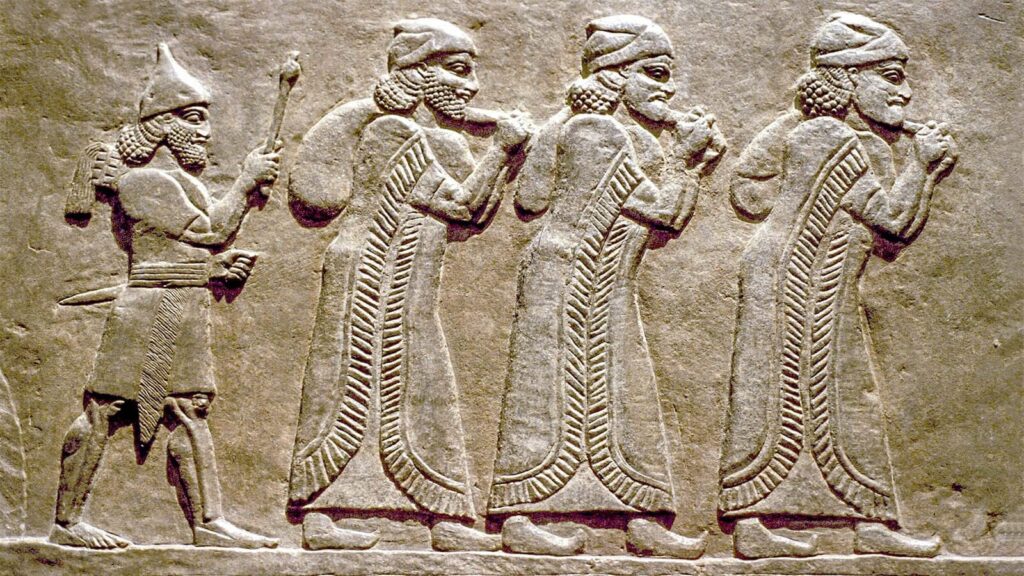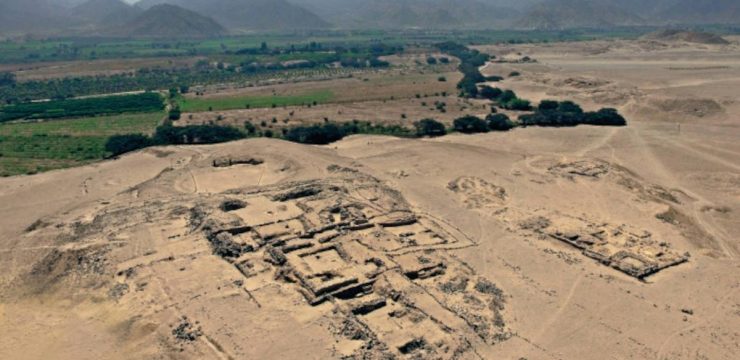The history of ancient Middle Eastern civilizations is replete with tales of grandeur, conquests, and cultural transformations, yet few empires rivaled the Assyrians in sheer strength and ferocity. Their military dominance and unyielding strategies resulted in the subjugation of numerous nations, including the Northern Kingdom of Israel. This pivotal moment not only marked the end of Israel’s independence but also set the stage for significant cultural and religious shifts that continue to echo through history.

The Rise and Expansion of the Assyrian Empire
The Assyrian Empire emerged as a formidable power from its modest beginnings in the city of Assur, located in what is now northern Iraq. By the 1st millennium BCE, the Assyrians had built a reputation as relentless warriors and skilled administrators. Under the leadership of rulers like Tiglath-Pileser III and Shalmaneser V during the 8th century BCE, the empire reached its zenith, encompassing territories from modern-day Iran to Egypt. Their expansionist ambitions were fueled by an intricate system of governance, an unwavering military strategy, and an appetite for consolidating power.
For neighboring kingdoms like Israel, the rise of Assyria posed an existential threat. The Assyrian approach to warfare was both strategic and brutal, characterized by sieges, deportations, and the systematic dismantling of rebellious states. Their methods were designed not only to conquer but to ensure that resistance would never again rise within their territories.
The Fall of the Northern Kingdom of Israel
The Northern Kingdom of Israel, whose capital was the city of Samaria, became ensnared in the Assyrian web of dominance during the reign of Tiglath-Pileser III. King Menahem of Israel sought to placate Assyrian aggression by paying a hefty tribute, temporarily sparing his kingdom from destruction. However, this uneasy peace unraveled as subsequent kings, such as Pekah, attempted to form alliances and rebel against Assyrian rule.

This defiance drew the wrath of Assyria, leading to a prolonged conflict. Shalmaneser V laid siege to Samaria, an effort that spanned three grueling years. In 722 BCE, his successor, Sargon II, captured the city, marking the definitive end of the Northern Kingdom. This conquest was not merely a military triumph; it signified the collapse of Israel’s independence and the beginning of profound cultural and demographic changes.
The Policy of Deportation and Its Consequences
The Assyrians implemented a policy of mass deportation, an integral part of their strategy to suppress dissent and assimilate conquered peoples. After Samaria’s fall, Sargon II ordered the relocation of approximately 27,000 Israelites to various regions within the Assyrian Empire. This systematic displacement had dual purposes: to weaken the potential for rebellion and to integrate the deported populations into the fabric of Assyrian society.
The deportation scattered the ten northern tribes of Israel, leading to their eventual designation as the “Lost Tribes of Israel.” This dispersal not only severed these tribes from their homeland but also diluted their cultural cohesion, ushering in an era of profound transformation.
Cultural Exchange and Adaptation in Exile
The Israelites’ exile in Assyrian territories exposed them to diverse cultures and ideologies. While many clung steadfastly to their religious and cultural identities, others adapted to their new surroundings, blending aspects of Assyrian customs with their own traditions. This cultural exchange, while often involuntary, played a role in shaping the broader tapestry of ancient Semitic traditions.
The loss of the Northern Kingdom also shifted the balance of power within the Hebrew people. With the northern tribes dispersed, the Southern Kingdom of Judah, centered in Jerusalem, emerged as the primary Hebrew state. This shift heightened the importance of Jerusalem as a political and religious hub, with the Temple becoming the focal point of Hebrew worship and cultural identity.
Historical and Biblical Significance
The Assyrian conquest and subsequent exile are chronicled in biblical texts, including the Books of Kings and Chronicles. These accounts often portray the events as divine punishment for the moral and spiritual failings of the Northern Kingdom. Prophets such as Hosea and Isaiah used the exile as a central theme in their teachings, emphasizing the need for repentance and adherence to divine commandments.
The theological interpretation of the Assyrian conquest added a layer of spiritual reflection to the historical narrative, influencing the development of Hebrew thought and the preservation of religious traditions.
Comparisons to Previous Displacements
While the Assyrian deportation stands out for its magnitude and consequences, it was not the first instance of Hebrew displacement. Earlier encounters with empires, such as the Egyptian enslavement described in the Book of Exodus, similarly involved the forced relocation and oppression of the Israelites. However, the Assyrian deportation differed in its scale and the deliberate strategy behind it, aiming not just to enslave but to integrate and control.
The Assyrian legacy of subjugation left an indelible mark on the history of the Hebrew people. It served as a stark reminder of the vulnerabilities of smaller states amidst the ambitions of great empires and highlighted the enduring tension between cultural preservation and adaptation.
Legacy and Cultural Impacts
The fall of the Northern Kingdom and the scattering of its tribes had far-reaching implications. Despite the trauma of displacement, the Israelites’ resilience ensured that elements of their culture, religion, and identity survived and even thrived in exile. The experience of exile reinforced the themes of perseverance and faith, which became central to the Hebrew narrative.
For the Southern Kingdom of Judah, the Assyrian conquest served as both a warning and an opportunity. Judah’s leaders took steps to fortify their state and centralize religious practices around the Temple in Jerusalem, laying the groundwork for the cultural and theological developments that would shape Jewish history in the centuries to come.
A Lasting Historical Chapter
The Assyrian Empire’s subjugation of the Northern Kingdom of Israel represents a pivotal chapter in the complex history of the ancient Middle East. It underscores the cyclical nature of conquest, cultural exchange, and adaptation that defined the region’s civilizations.
While the Northern Kingdom of Israel ceased to exist as a political entity, its cultural and religious influence persisted, contributing to the rich legacy of Semitic traditions and beliefs. The story of its fall, as much as its existence, continues to inspire reflection on the resilience of human societies in the face of adversity.
The tale of Assyrian domination over Israel is more than a story of conquest; it is a testament to the enduring spirit of a people who, despite displacement and dispersion, maintained their identity and left an indelible mark on history.





